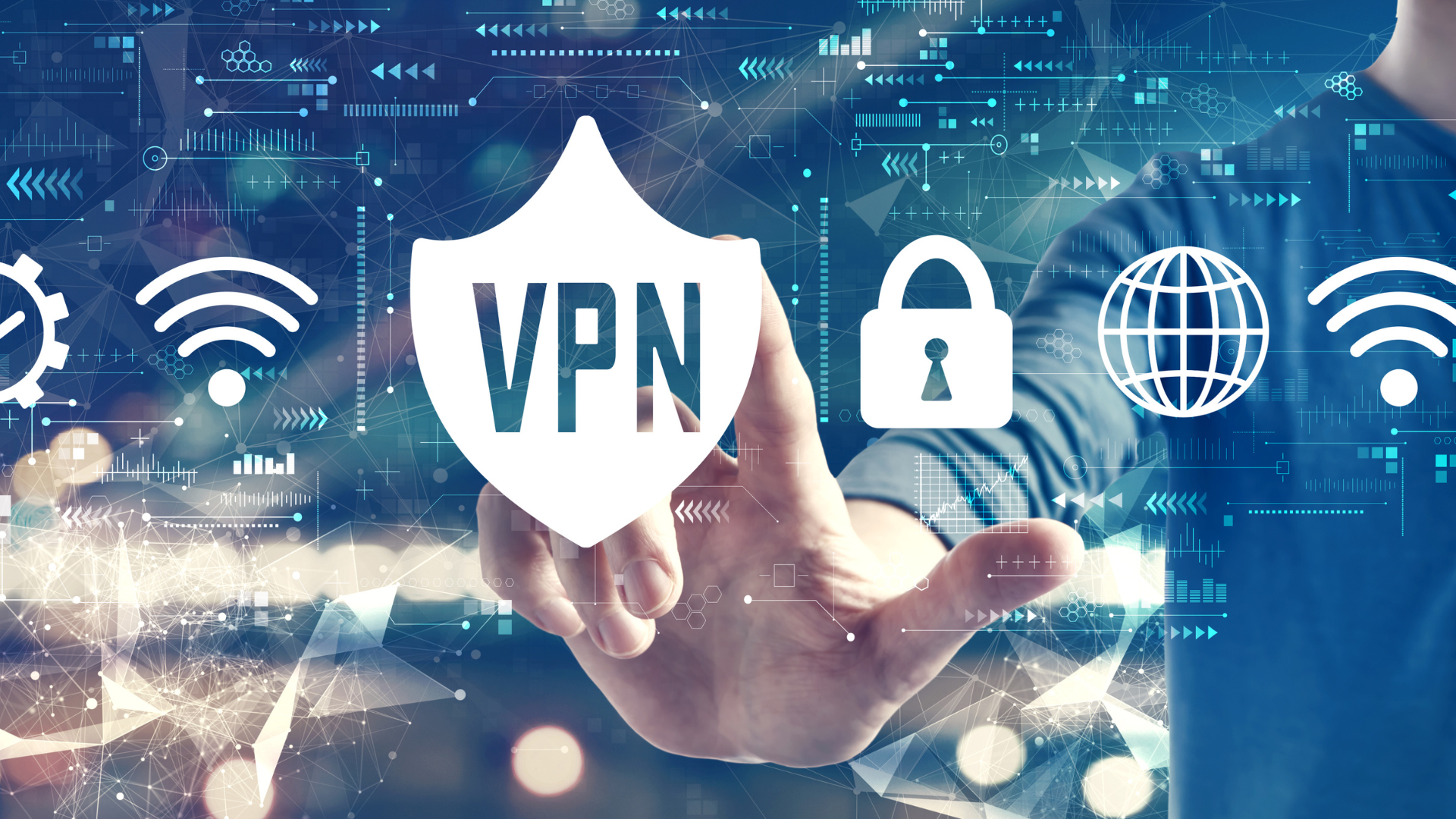If you’ve recently heard about cryptocurrency and blockchain, or if you’re just not that tech-savvy, you may have heard the words “virtual private network” or “VPN” thrown around. A VPN is a type of technology that allows you to “travel” anonymously through the internet. It encrypts your internet traffic, allowing you to remain private, secure, and protected from cybercriminals.
In today’s world, it is impossible for criminals to be out of the reach of cybersecurity threats. New methods are continually emerging that pose a threat to organizations. Cybersecurity solutions like VPNs and firewalls are one of the best ways to keep bad actors at bay. VPN is gaining popularity in the cybersecurity industry. It allows you to send data across public networks, such as the internet, through a secure tunnel. It is more secure than using a public Wi-Fi connection, which cybercriminals can access easily.
What is the role of VPN in today’s Cybersecurity Threats?
More and more businesses are storing sensitive data on their servers. They are connected to the internet, and administrative staff can add devices to the network. These devices can be hacked, and malware installed, allowing cybercriminals to access company data and steal sensitive documents. Companies need to protect their servers from these attacks.
The concept of a Virtual Private Network (VPN) is becoming increasingly more popular, with more and more companies needing it to solve their data security problems. When companies look to tech firms that provide IT Solutions, one of the first recommendations would likely be to use a robust VPN service for the whole network. So, here are what can VPN done in today’s cybersecurity threats:
To protect your identity.
The global cybersecurity market is currently valued at around $75B and is expected to grow at a CAGR of around 12%, and it is understandable why hackers are increasingly becoming desperate to find vulnerabilities in computer systems. After all, stealing corporate data and personal information makes more monetary sense than stealing a cracker-jack car. Since cyber-attackers can now make a fairly decent living by hacking into corporate computer systems and defacing corporate websites, companies are increasingly coming under serious cyber-attacks.
To prevent DDoS Attacks.
Today, technology and security have become inseparable from each other. Almost everyone is connected to the internet, and this means you are highly vulnerable to online attacks. One such example is The Distributed Denial of Service (DDoS) attacks, which are becoming more frequent with each passing day. A ddos attack targets an IT infrastructure in order to crash or temporarily disable it. The critical importance of cybersecurity has never been more evident, and organizations and individuals alike must invest in robust security solutions and network security measures to safeguard their digital assets and maintain uninterrupted online operations.
The increasing prevalence of DDoS attacks has propelled the need for effective defense strategies. These attacks are increasing in frequency and complexity, making them a daunting threat to all organizations. DDoS or Distributed Denial of Service attacks amplifies the number of traffic from a source to a network receiver, made through compromised servers and systems, cloud services availability, etc., but sometimes through infected computers’ regular internet traffic of users. The DDoS attack is a malicious practice, whether intentional or not, to bombard a network with so much traffic that it slows down or halts all legitimate traffic. DDoS attacks can be very harmful to a website for several reasons.
To secure the online transactions.
The increasing importance of online transactions such as online shopping, online banking, and banking transactions has led to an increase in online security breaches. Hackers and online attackers have targeted banking institutions, e-commerce websites, and other corporate systems to steal valuable information such as credit card data, personal customer details, mail order details, and user IDs and passwords. And their invasion only seems to be on the rise. That is why most top-notch companies tend to have VPN and other security measures in place, likely with the help of a top cyber security Baton Rouge firm (or one elsewhere). Being shielded is the only way companies and individuals can save their sensitive data.
Importance of VPN in today’s Cybersecurity Threats
VPN or Virtual Private Network is one of the best ways to secure your network in the internet world, which confuses everyone and makes them not to be secure in the internet world. VPN seems very simple, but as everyone knows that VPN is very complex. The term VPN stands for Virtual Private Network. It is software that allows you to send and receive data across the internet in a secure and encrypted manner and can be an ideal solution to your Calgary network security (if that is where you are based) issues. Many websites and applications on the internet use HTTPS to encrypt and decrypt data. HTTPS uses the TLS protocol.
As we enter the new decade, world events, technology, and societal norms have changed dramatically. We become more connected with our societies and governments through the internet. Cyberspace has morphed from a curiosity to a central part of our civic life. We rely on the internet and networks to establish and maintain personal, professional, and social relationships and to conduct commerce. And we depend on it to protect us from crime and acts of terrorism.

